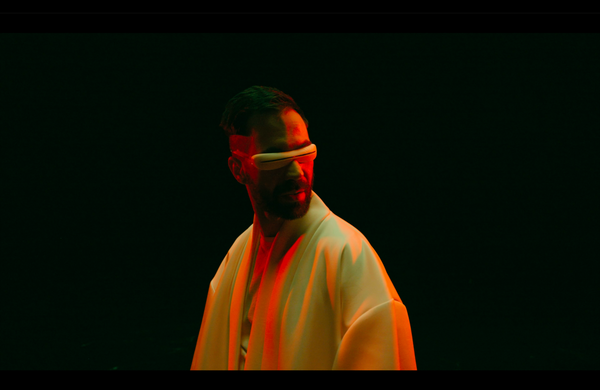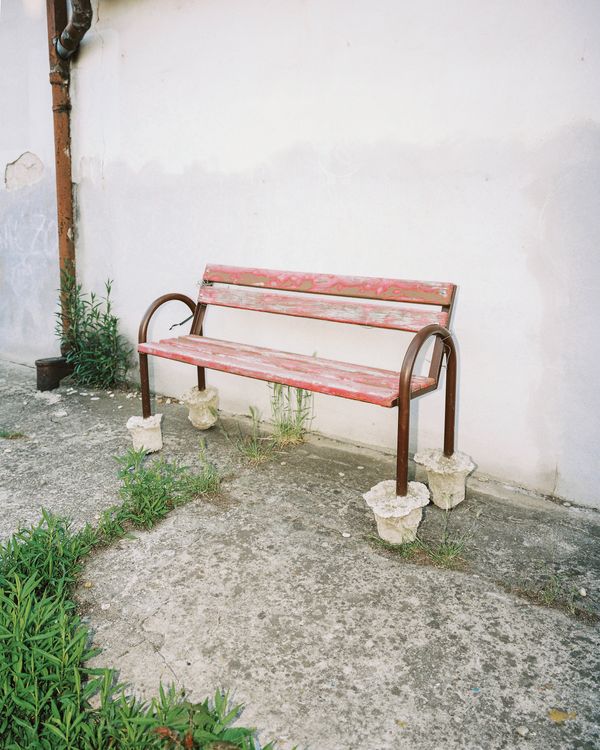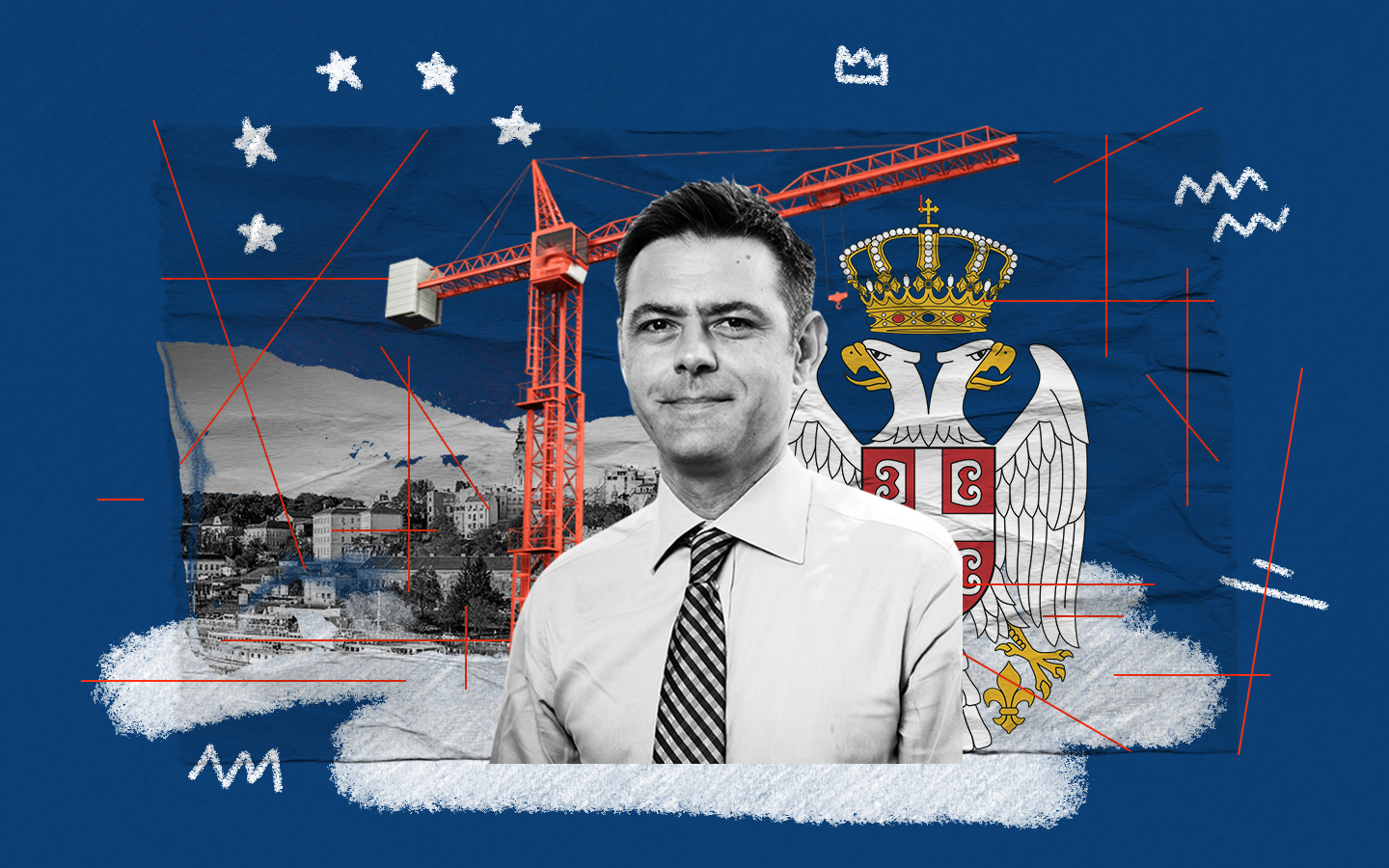Serbia's position is questionable not only in the Balkans but also in European integration. Our interview with Igor Bandović, the Director of the Belgrade Centre for Security Policy.
The European integration of the Balkans is in its umpteenth stage–where do you see the process heading? How patient are Balkan societies and political leaders with the slow European integration?
The European integration process is not really moving anywhere, partly because of the new geopolitical situation in Europe. On the other hand, the promises that were made back in Saloniki in 2003 when a few papers set that the future of the Balkans would be in the EU is an unfulfilled promise. Probably there are many reasons for that on both sides. On the side of the EU, there are a lot of crises: if you recall, there was a financial crisis, a migration crisis, and now we are dealing with the war in Ukraine, which is a security crisis for Europe. From the Balkan perspective, many things were done in favor of the EU enlargement in the region, but none of them were implemented in terms of real reforms. I'm talking mostly about the rule of law, which is, I think, the most essential one. Secondly, solving the disputes or bilateral problems that exist between the countries is quite important for the integration of the region: for instance, what we had before between North Macedonia and Greece, which is apparently solved. But we have another issue still lingering between North Macedonia and Bulgaria. So far, unfortunately, the EU has been solving these problems in a very slow manner, and we must be aware that we can go much faster than before on our own. With this new agreement between Kosovo and Serbia, I'm hoping that the doors for European integration will be open soon.
Hungary is one of the main supporters of the EU enlargement in the Balkans. How do you see the role of Budapest?
Budapest created a supportive environment, which is crucial to assist skeptical member states to become more pro-enlargement. The Hungarian experience, in general, is also an example of how you can manage reforms successfully. Serbia has the legacy of the Yugoslavian wars, and these are the problems that burden Serbia's relationship with the countries in the region and the EU. Belgrade must find its own way to solve this problem.

What are the alternatives to European integration in the Balkans? Chinese investment, Russian influence? The Budapest-Belgrade railway in Serbia is being built by a Russian-Chinese partnership, and the Chinese are involved in several projects in Serbia.
There are no alternatives in case of integration. The Russian investments disappeared, and personally, I'm okay with the Chinese investors if they respect certain standards – these are mostly the rule of law and other European values – and they are not harming the citizens of Serbia. Chinese investors are not offering any kind of political agenda in Serbia; therefore, there is no alternative Chinese integration process. They're just coming here, investing, and taking out the profit. As for Russia, unfortunately, it's another story: Russia plays with its hard and soft power in Serbia particularly, Moscow is very active, and unfortunately, our government allowed that to happen, permitting them to be very active.
Why?
The reason was that our government wanted to play this balancing game between the West and East in order to take benefit from both. Maybe that sounds like a good tactic for now, but that's not a working strategy for the longer term, and our government was not aware of the geopolitical changes to realize the Russians’ attack in Ukraine. All of a sudden, Europe is totally divided now, and we are somewhere in the middle, but we must choose our way. I think if we had selected our way before, we would not have been put in this situation. Serbia has a strong dependency on Russia regarding the energy sector and not really having the maneuvering space to find other energy sources from Europe. This happens when we are not thinking strategically in the long term and just play a balancing game between two sides. Now we are stuck.

Serbia is taking a neutral position in the Russian-Ukrainian war. Some even say Belgrade is a bit pro-Russian, and there is indeed a certain friendliness toward Russians in Serbian society. Why might this be the case? Does the fall of Yugoslavia reflect the fall of the Soviet Union?
The reason is very simple: the love towards Russia is basically coming from the hate towards the West. It's just a reflection of the hatred. This is also interesting because, basically, the Serbian people have no relationship with Russia. They don't go there on holiday, they don't send their children to Russian universities, and they don't do seasonal work there. Diplomatic relations are good, but only very unskilled workers are going to Russia to work on construction sites. In any case, the hatred of the West stems from the 1999 NATO bombing that forced Serbia to withdraw its troops from Kosovo. This also meant a change in the Serbian border.
Serbia's government has recently started to keep its distance from closer European integration. What could be the reason for this? Is it Vučić or Serbs in general who are out of touch with the EU?
Aleksandar Vučić has gone to the wall, in my opinion. How he governs the country cannot meet the requirements of the rule of law and does not meet the standards of European Union law. Therefore, he is in a difficult position. The Serbian government has taken a different view of the EU in recent years. It has not treated it as a geopolitical entity but as an investor where the money is. The Serbian government has created a very pleasant and attractive environment for international investors, which is, of course, less attractive for Serbian workers. Cheap labor, and lax labor protection rules, leading to social vulnerability. But the foreign firms can come, they can ignore the legislation, and the current normative structure of the country is to bring the money in. This is how Vučić keeps the macro economy on a successful level.
Igor Bandović has been the Director of the Belgrade Centre for Security Policy (BCSP) since November 2019. Before joining the BCSP, he worked as a Senior Programme Manager for the European Fund for the Balkans. He was in charge of the policy research and advocacy initiatives within the Fund, including the coordination of the “Balkans in Europe Policy Advisory Group” and think tank support programs.

Fighting for attention in a white kimono - OIEE's latest video clip is released today

The Vinted story: sell what you do not need and buy second-hand










